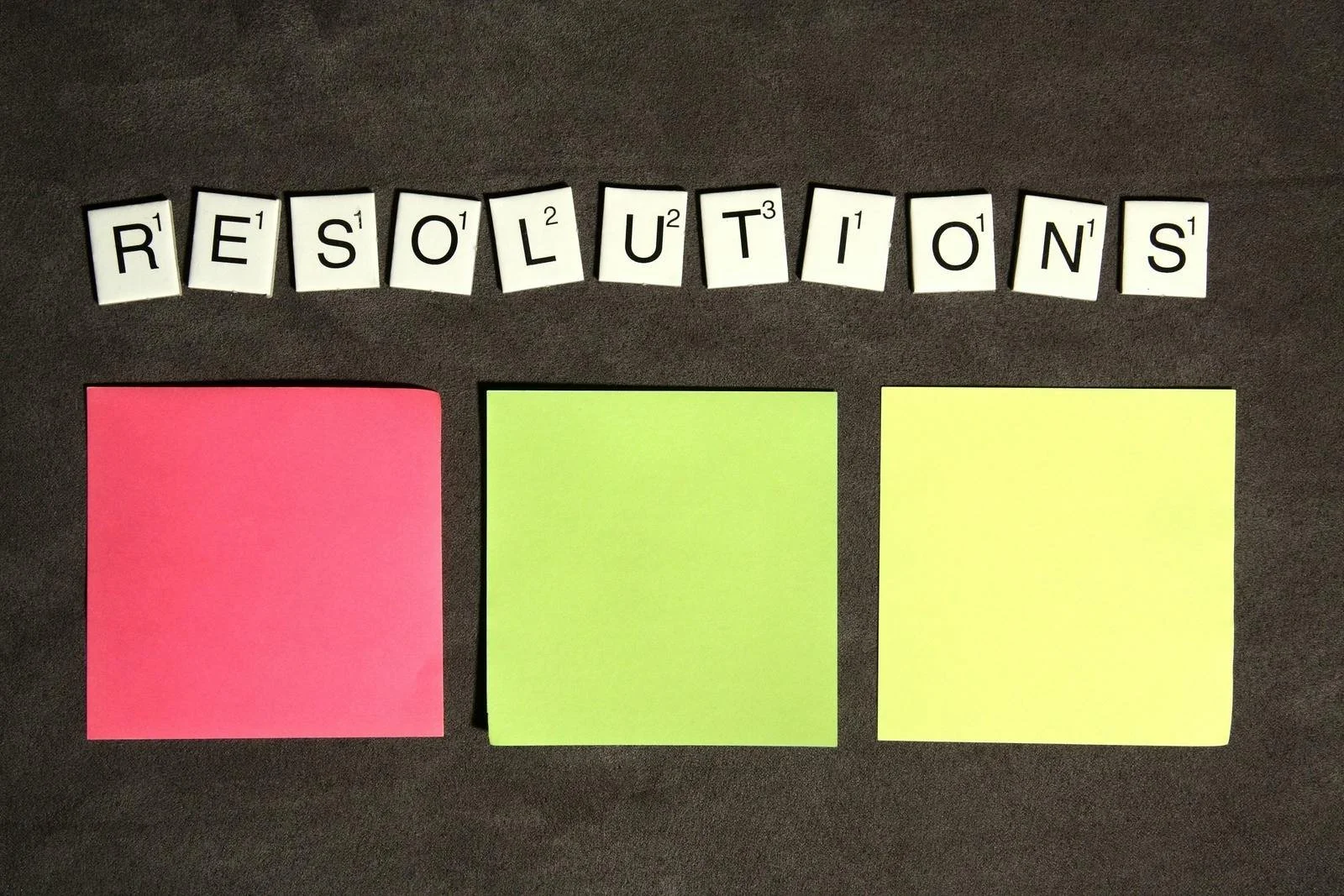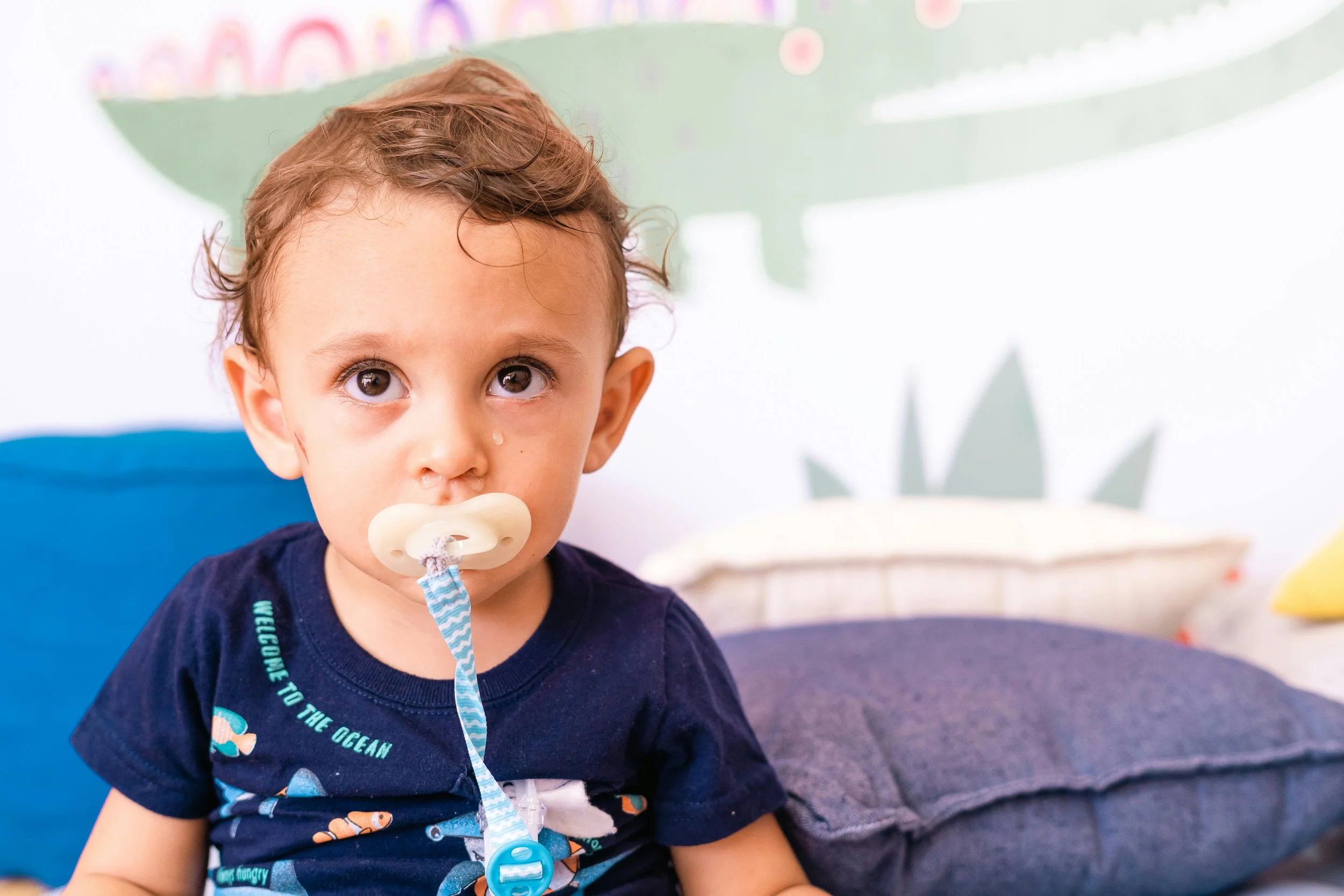
Our Blog
Why Some Parents Are Skipping Resolutions This Year
Rejecting productivity culture in favor of sustainable change that honors the realities of parenting without adding shame or impossible expectations.
Demystifying Diagnostic Assessments
Demystifying diagnostic assessments and helping parents navigate the evaluation process with clarity, preparation, and realistic expectations.
End-of-Year Reflection: What Worked, What Didn't, and Moving Forward
Honest assessment of your parenting year without judgment, focusing on growth, learning, and moving forward with intention and self-compassion.
Setting Boundaries During Family Gatherings
Protecting your family's well-being during high-demand social situations by setting clear, compassionate boundaries with extended family.
Managing Your Own Expectations and Emotions During the Holidays
Addressing the gap between holiday ideals and reality by managing parental expectations and emotions with compassion and practical strategies.
Creating Holiday Traditions That Actually Fit Your Family
Breaking free from inherited expectations to create holiday traditions that genuinely reflect your family's values, energy, and needs.
When Your Parenting Approach Clashes with Your Family's Ideas
Extended family gatherings can surface fundamental differences in how you parent versus how your relatives think you should, creating tension that requires both boundaries and compassion.
The Art of Self-Regulation for Parents
Parent self-regulation forms the foundation for effective parenting, creating the emotional stability children need while building stronger family connections and reducing household stress.
Responsive Parenting for Neurodivergent Children
Responsive parenting approaches honor neurodivergent children's unique needs while building connection, understanding, and emotional safety within the family system.
Helping Children Navigate Grief with Compassion and Support
Supporting children through grief requires understanding their unique ways of processing loss while providing consistent compassion, honesty, and developmentally appropriate guidance.
The Benefits of Strong-Willed Kids
Strong-willed children possess remarkable qualities like determination, independence, and passion that, when properly nurtured, become their greatest strengths and leadership abilities.
Building Trust and Safety with Your Child Using Trauma-Informed Care
Trauma-informed care offers powerful principles for building trust and emotional safety that benefit every parent-child relationship, creating deeper connection and resilience.
Supporting Emotional Regulation Through Developmental Assessments
Developmental assessments provide crucial insights into the underlying factors that influence a child's emotional regulation, moving beyond surface behaviors to create targeted support strategies.
The Hidden Impact of Anxiety on Parenting: Recognizing and Addressing It
Parenting is an emotional marathon. Love, joy, and pride run parallel with fear, guilt, and exhaustion. But for many parents, especially those experiencing anxiety, everyday challenges can feel like emotional minefields. The tricky part? Most don’t realize anxiety is playing a central role in how they show up as parents.
Replacing Punishment with Problem Solving in Parenting
Every parent wants the best for their child, but in moments of chaos, yelling, time-outs, or grounding can seem like the only way to manage behavior. But have you ever asked yourself: Is punishment truly teaching my child what they need to learn?
Co-Regulation Strategies for Parents of Highly Sensitive Children
Parenting a highly sensitive child is a bit like walking a tightrope while carrying your heart outside your body. Their emotions are big, fast, and deeply felt. You might notice they react more intensely to everyday situations, need more time to recover from upsets, or are overwhelmed by sensory input or changes in routine.
Exploring Identity in Midlife: A Parent’s Journey to Authenticity
At some point—often in your forties or fifties—you might find yourself doing something ordinary, like folding laundry or waiting in the school pickup line, when a quiet question bubbles up:
Who am I now?
Grief Counseling for Families: Healing After Loss
When a loved one dies, the whole family feels the shift. Sometimes it’s loud—tears, arguments, silences that fill the room. Other times, it’s quiet but constant, like a pressure behind the eyes or the weight of an empty chair at dinner.
The Role of Interoception in Anxiety Management for Kids
Have you ever watched your child freeze before school with a tummy ache, only to realize later it was worry, not illness? Or maybe they burst into tears and say, “I don’t know why—I just feel weird.”
Tools for Behavior Regulation at Every Stage of Childhood
As parents, we often find ourselves navigating a sea of emotions, not just our children's, but our own, too. From the baby who wails the moment they're set down, to the teen who slams the door after a tough day, behavior can feel confusing or even overwhelming.





















